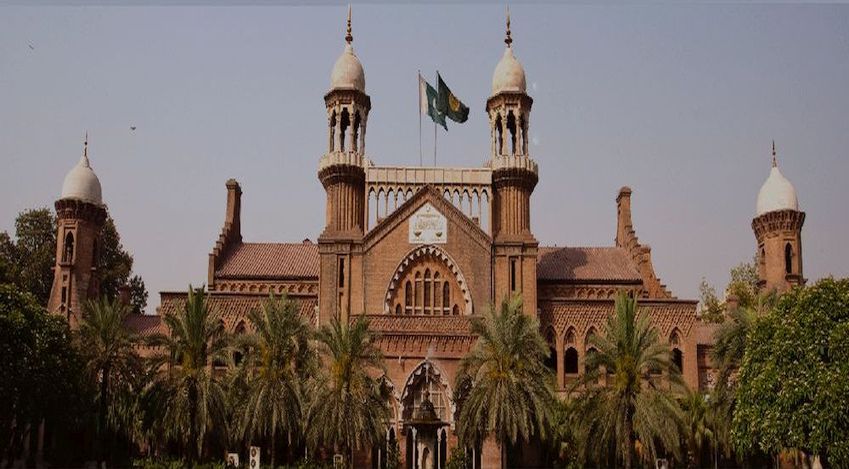The Chief Minister lacked the Authority to impose blanket ban on Civil Servants’ postings and Transfers without Explicit Legislative Backing --- Lahore High Court, Lahore
Islamabad 19-11-2024: In a significant judgment, the Lahore High Court, Multan Bench, ruled that the notification issued by the Chief Minister of Punjab imposing a blanket ban on all postings and transfers of civil servants was unlawful and without legal authority. The decision was delivered by Mr. Justice Asim Hafeez in response to two connected Constitutional Petitions [W.P. No. 14268/2024] and [W.P. No. 13876/2024] challenging the legality of the said notification.
The petitions stemmed from grievances over transfer orders of Civil Servants, which were subjected to the blanket ban imposed through Notification No.PS/SCM/CMO/24/OT47, dated 01.03.2024. The Court examined whether the notification, which allowed transfers only under exceptional circumstances with the Chief Minister’s approval, was legally justifiable.
The Lahore High Court declared the notification void and of no legal effect, emphasizing that the Chief Minister lacked the authority to impose such a ban without explicit legislative backing. The Court underscored several legal principles:
The Court highlighted that all executive actions must be rooted in law, referencing the landmark Supreme Court judgment in Pakistan Muslim League (N) Vs. Federation of Pakistan (PLD 2007 SC 642).
The notification was deemed an overreach of executive power and contrary to the legislative framework. The notification centralized powers in the Chief Minister, undermining the independence of civil servants and disrupting administrative checks and balances.
The Court noted that Rule 23, cited in defense, only governs specific cases of postings and transfers and does not authorize a blanket ban. The Court affirmed its jurisdiction under Article 199 of the Constitution of Pakistan, 1973, to strike down executive actions that lack legal authority.
While declaring the notification void, the Court clarified that existing transfer orders issued under it would remain valid to prevent administrative disruption. These orders could only be revisited by competent authorities.
This ruling reaffirms the principle that executive actions must operate within the bounds of the law and legislative provisions. It also reinforces the independence of the civil service and upholds the separation of powers in governance.
Powered by Froala Editor








